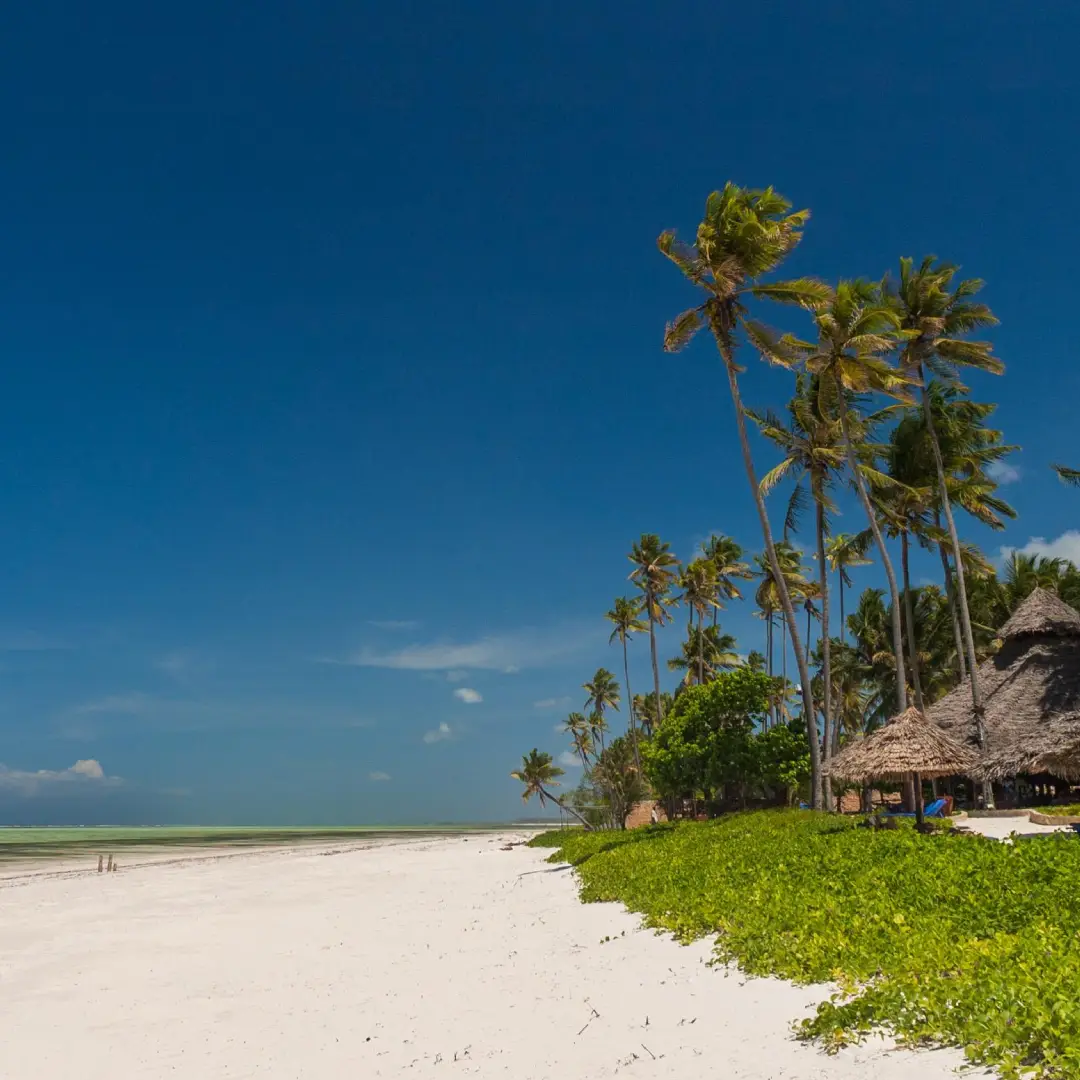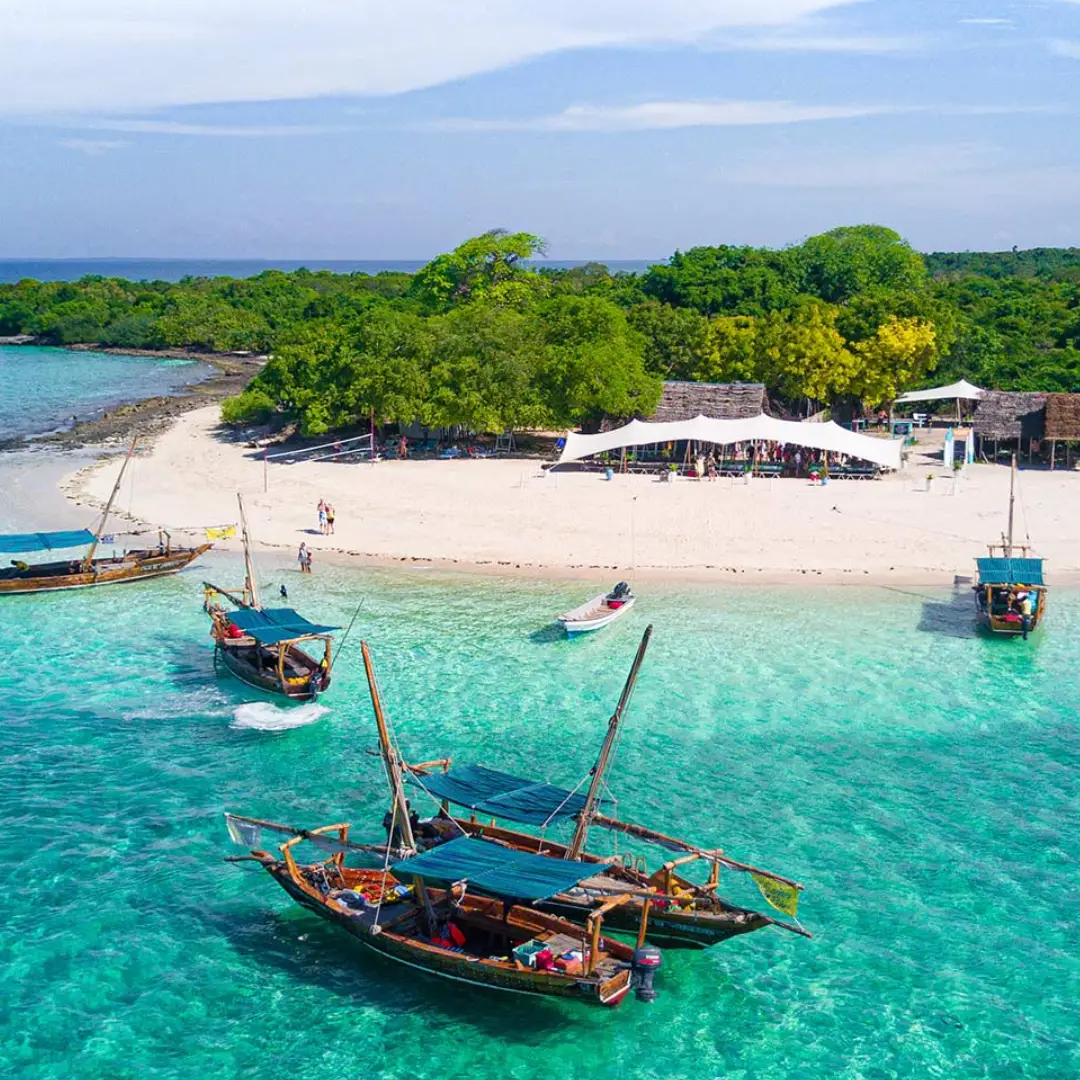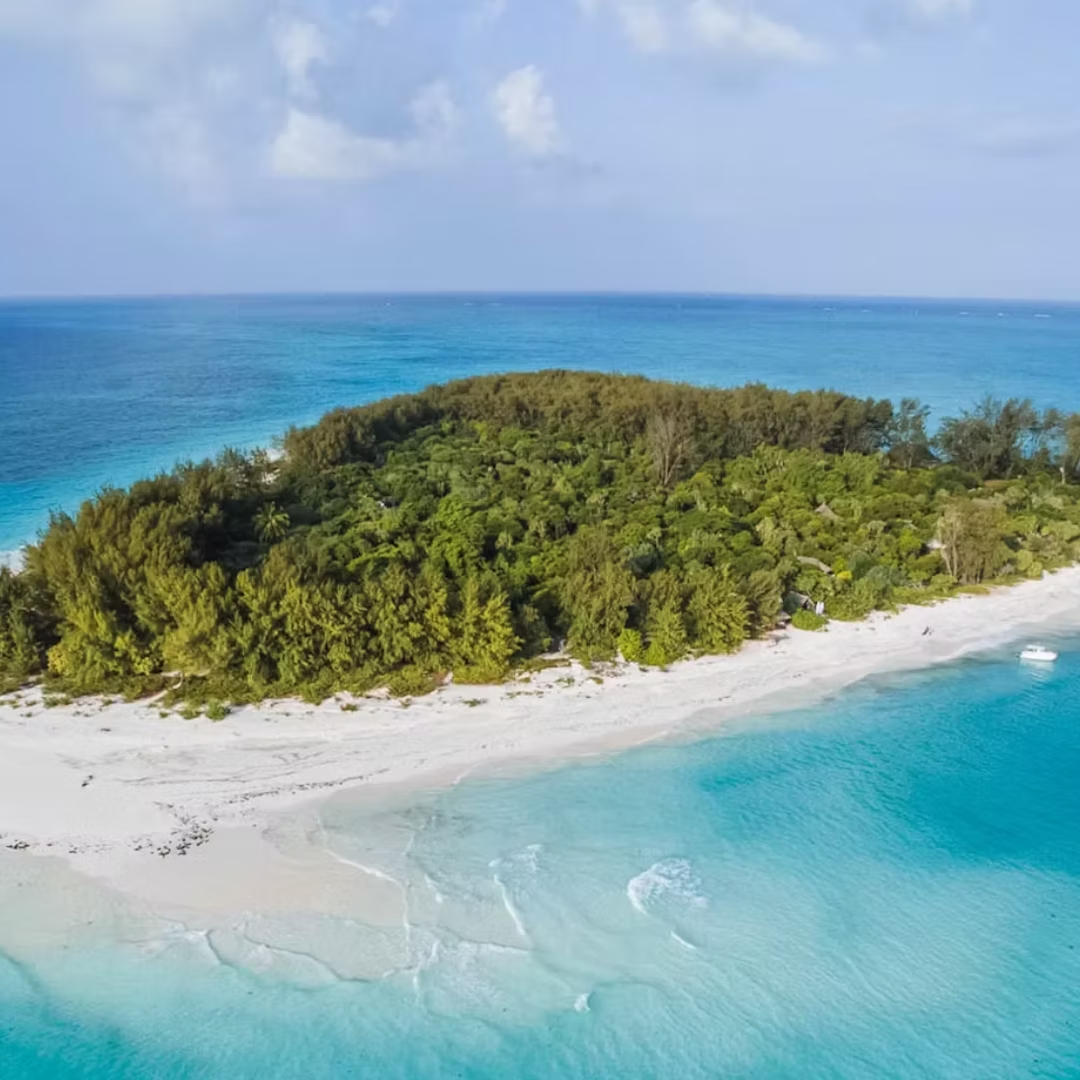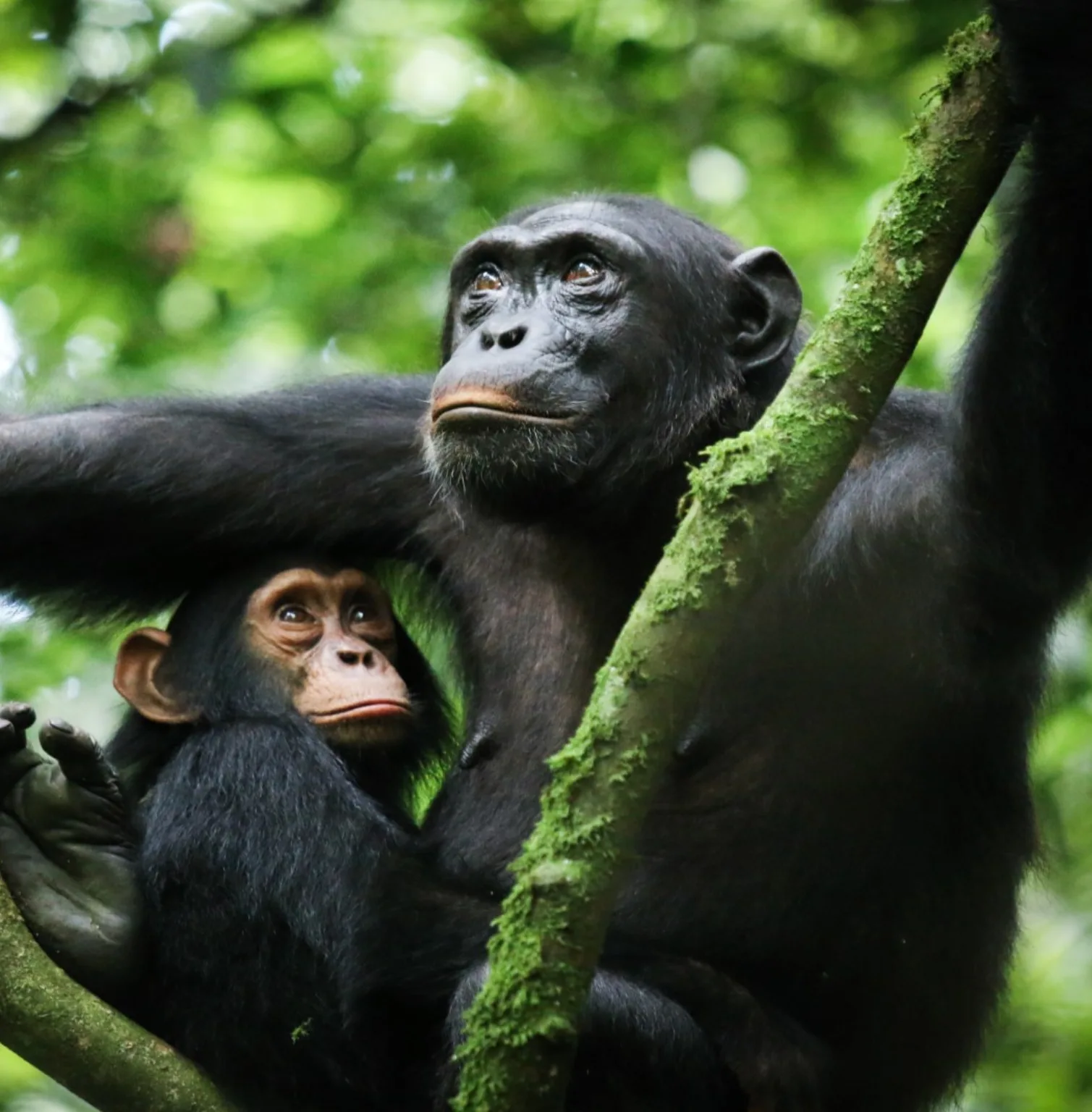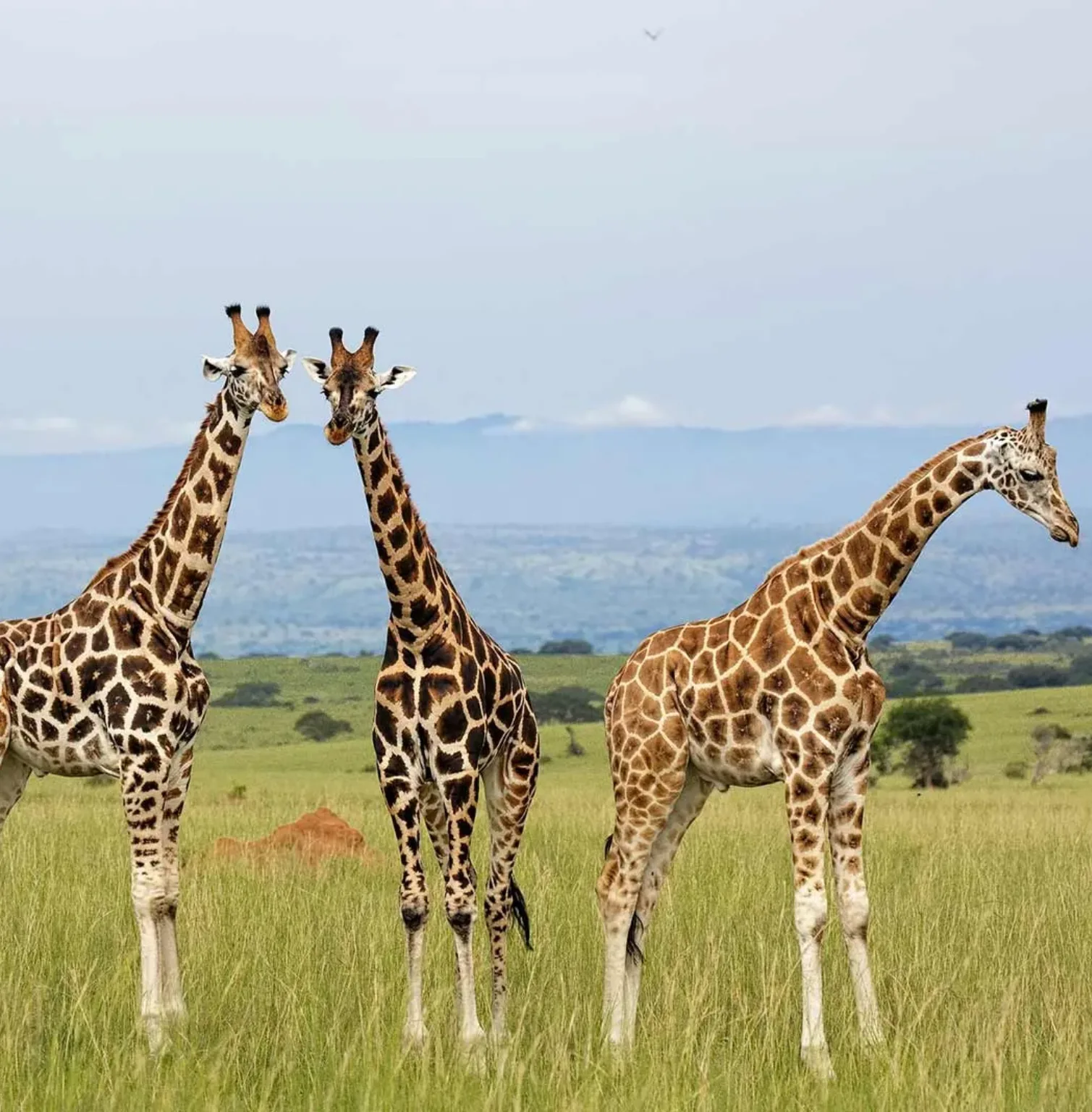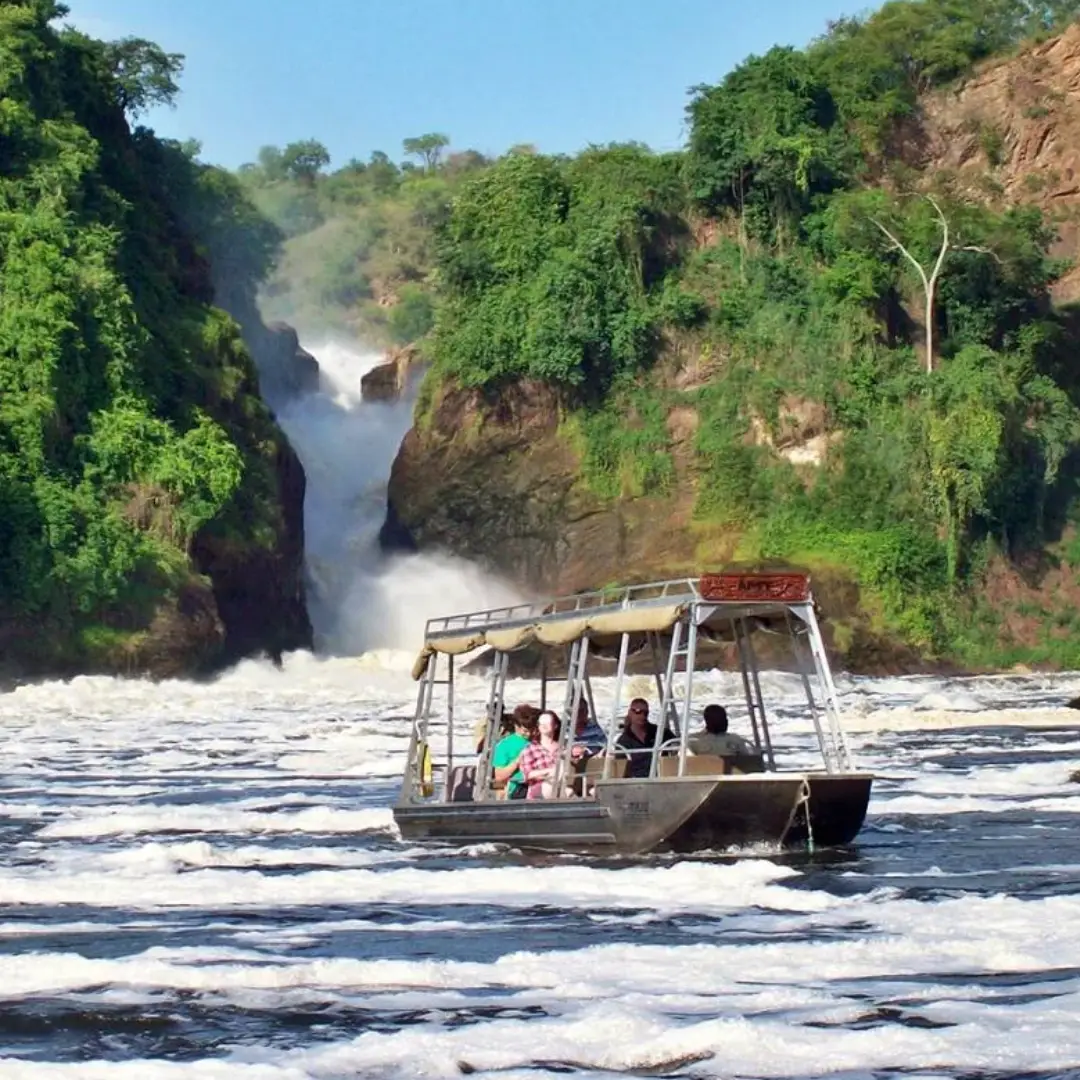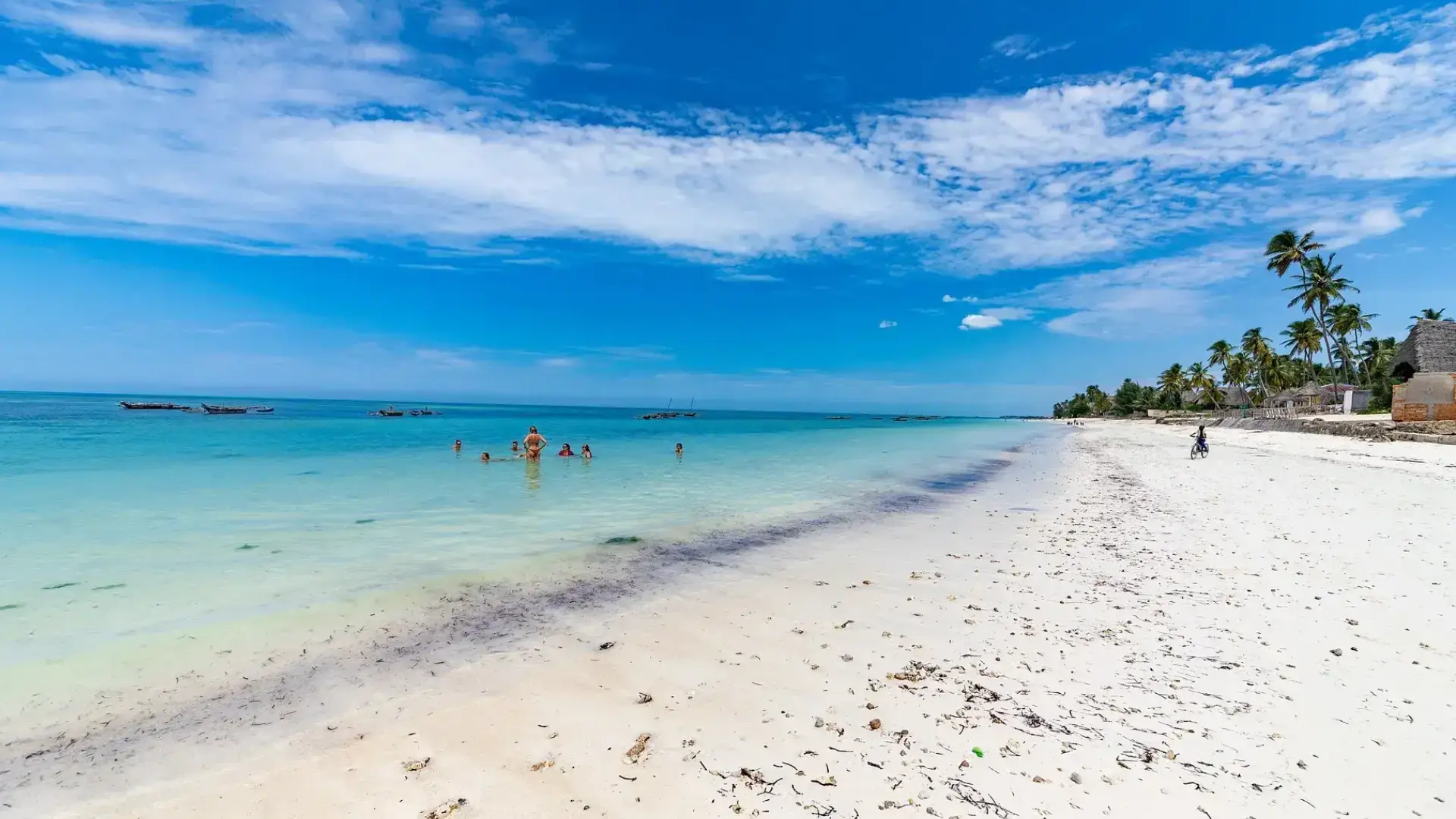Queen Elizabeth National Park
Tucked away in western Uganda, Queen Elizabeth National Park is a place where nature is truly alive. This park is a genuine “Medley of Wonders,” with its kaleidoscope of different ecosystems including verdant woods, shimmering lakes, and expansive savannas.
It was titled in 1952 to pay tribute to Queen Elizabeth II and was founded in 1952. Inside its walls live more than 600 bird species and 95 kinds of mammals.
Fish eagles soar above the Kazinga Channel as you cruise past hippos relaxing in the water, elephants cooling down by the banks, and more. And the appeal is intensified by the majestic Rwenzori Mountains in the background. Ishasha is home to lions relaxing under fig trees, while Kyambura Gorge is a haven for chimpanzees.
The park is a magnificent treasure chest of unique encounters. No safari to Uganda would be complete without seeing Queen Elizabeth National Park, a place teeming with exotic animals and fascinating communities.
Best Time to Visit
The dry months of January–February and June–July are ideal for a visit to Queen Elizabeth National Park. Animals congregate near water sources during these months, making wildlife viewing easier, and the pathways stay dry, making trekking a breeze.
Heavy rains can make some routes tough to traverse, but during the wet seasons (March to May and August to December), the park becomes a verdant wonderland. This wonderful location presents new possibilities for exploration every season.
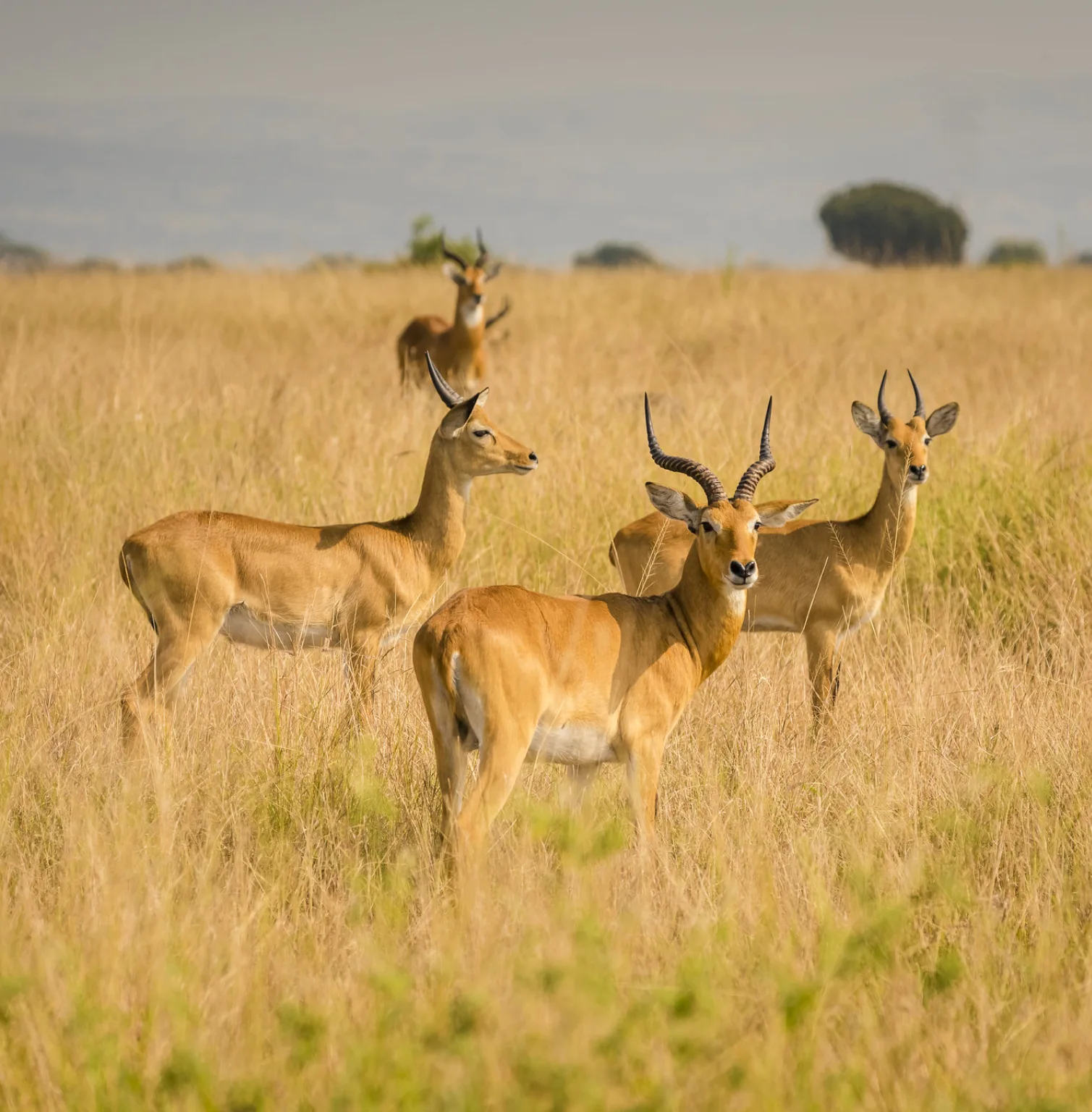
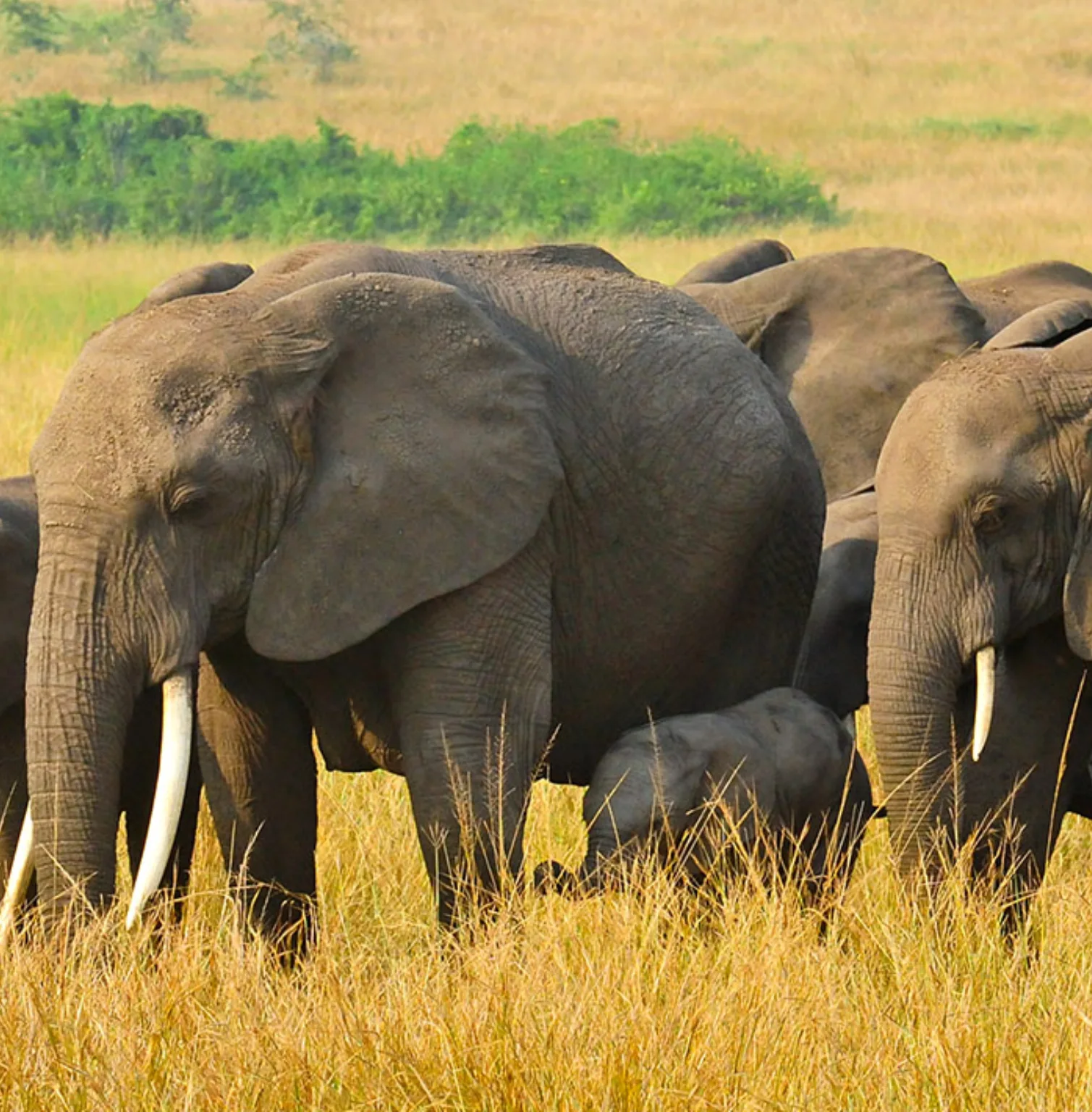
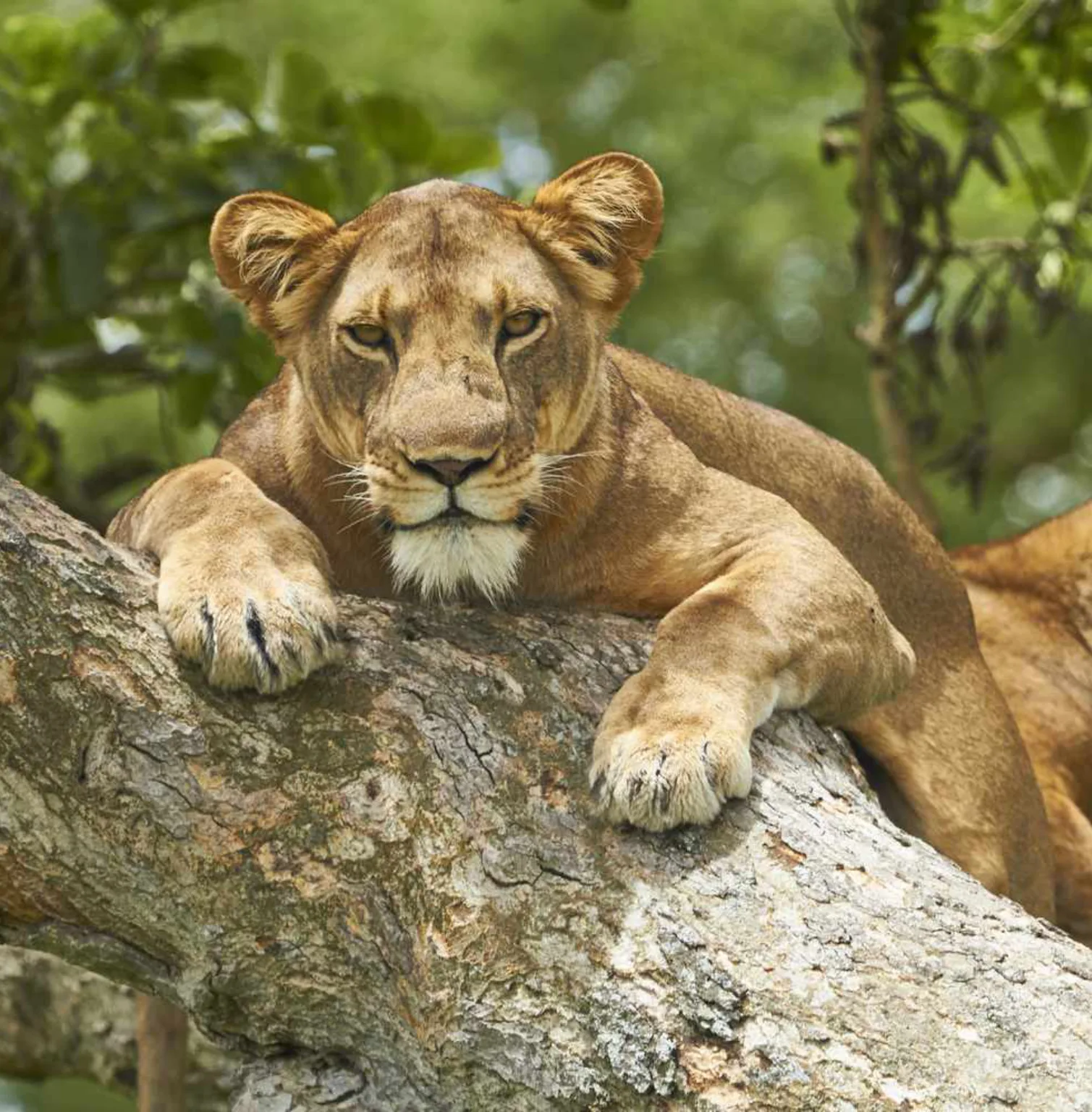
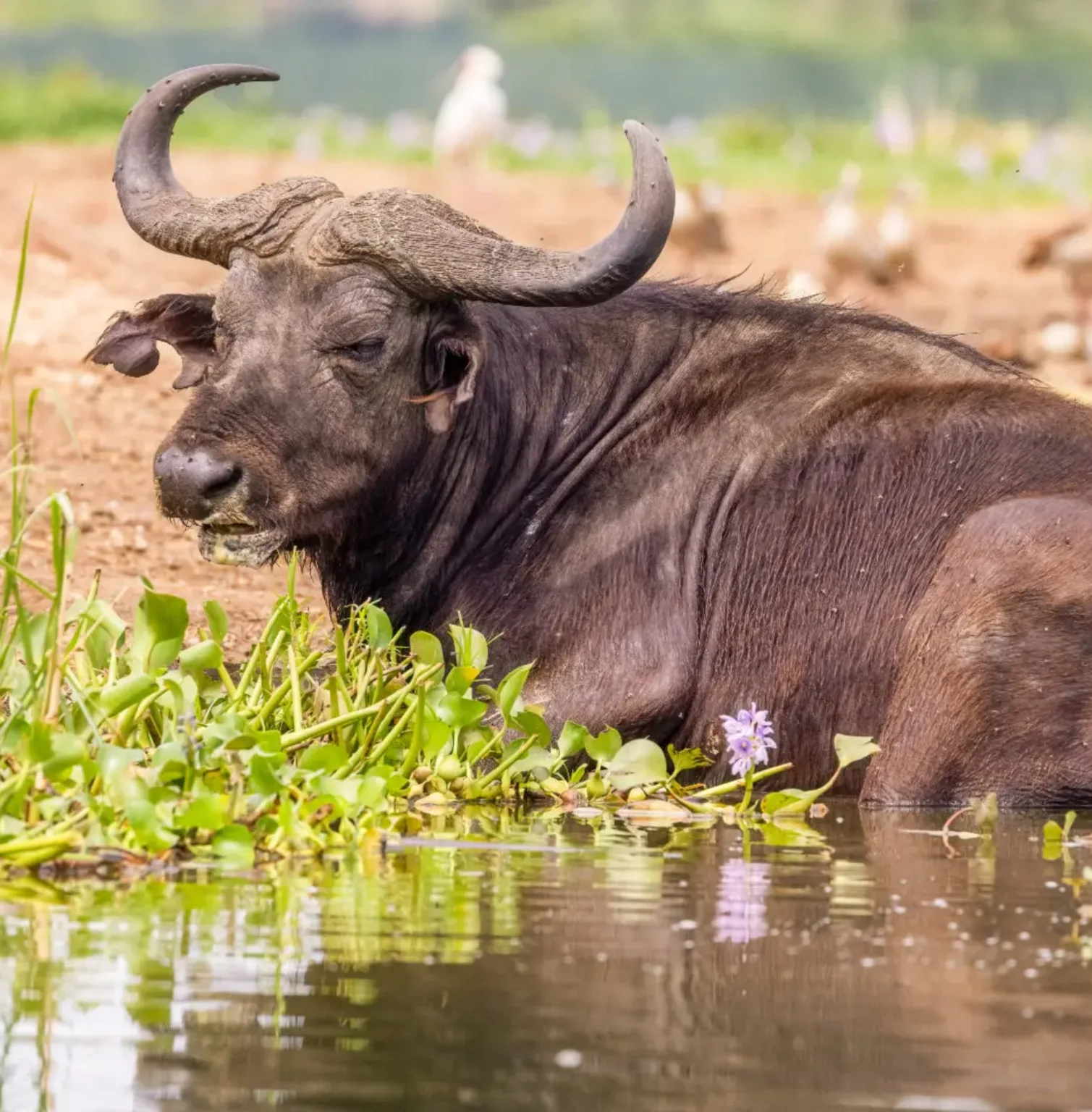
Things to Do in Queen Elizabeth National Park
Explore Queen Elizabeth National Park and find a wide range of exciting things to do that will provide adventurers and nature lovers with memories they will cherish forever.
Kazinga Channel Boat Cruise
Enjoy a boat cruise along the Kazinga Channel, a waterway teeming with life. Spot large pods of hippos, Nile crocodiles, elephants, and over 100 bird species as you glide through this scenic channel connecting Lake Edward and Lake George.
Game Drives in the Ishasha Sector
Venture into the southern Ishasha sector, renowned for its tree-climbing lions. Watch these majestic predators lounge on fig tree branches while other animals, like Ugandan kobs and buffaloes, roam the plains below.
Chimpanzee Trekking in Kyambura Gorge
Explore Kyambura Gorge, also known as the "Valley of the Apes," where you can trek to see chimpanzees in their natural habitat. This immersive activity combines wildlife observation with the awe of a dense forest ecosystem.
Birdwatching Paradise
With over 600 bird species, including Albertine Rift endemics, Queen Elizabeth National Park is a birder's paradise. Look out for the African skimmer, shoebill, and papyrus gonolek along trails and waterways.
Visit the Explosion Craters
Drive through the stunning Katwe-Kikorongo Explosion Craters, remnants of ancient volcanic activity that shaped the landscape. Some are covered in lush vegetation, while others are filled with water. A visit to Lake Katwe reveals traditional salt mining, a fascinating part of the region’s history.
Nature Walk in Maramagambo Forest
Take a guided walk through Maramagambo Forest, home to diverse primates, rare birds, and even a bat cave where pythons lurk in search of prey. Trails lead to hidden crater lakes, offering a peaceful yet thrilling way to experience the park’s biodiversity.
Get Ready for an Exciting Safari in Style!
Experience a world where every path leads to a different story and every sight evokes a different emotion. Join us on an incredible safari in Uganda’s Queen Elizabeth National Park by making your reservation now!
Queen Elizabeth National Park FAQs
What is Queen Elizabeth National Park known for?
Queen Elizabeth National Park is famous for its rich biodiversity, hosting over 95 mammal species, including lions, elephants, and hippos, and more than 600 bird species. It is also known for unique attractions like the tree-climbing lions in the Ishasha sector and the Kazinga Channel, which has one of the largest concentrations of hippos in East Africa.
Where is Queen Elizabeth National Park located?
The park is situated in western Uganda along the western Rift Valley. It lies on the rift valley floor, bordered by Lake Edward and Lake George, and stretches across 1,978 square kilometres, offering a variety of landscapes, including savannas, wetlands, and lush forests.
Why was the park named Queen Elizabeth National Park?
Originally named Kazinga National Park, it was renamed Queen Elizabeth National Park in 1954 after Queen Elizabeth II of England visited Uganda. This visit played a significant role in boosting the park’s international recognition.
What makes the Kazinga Channel special?
The Kazinga Channel connects Lake Edward and Lake George and is a hub for wildlife activity. Visitors can spot hippos, crocodiles, elephants, and waterbirds such as the African skimmer. A boat cruise along the channel is a highlight for many visitors.
Are there any cultural experiences in the park?
Yes, the park offers opportunities to interact with the Basongora community, which historically grazed cattle in the area. Visitors can learn about their traditional lifestyle and enjoy cultural dances, storytelling, and music, offering a glimpse into the local heritage.
What is unique about the Ishasha sector of the park?
The Ishasha sector is one of the few places in Africa where visitors can see tree-climbing lions. These lions are often spotted resting on fig tree branches, a behaviour thought to help them escape heat and tsetse flies while providing an excellent vantage point for hunting.
Related
uganda
Suggested Packages
Embark on an unforgettable journey with our handpicked Uganda safari packages, designed to bring your African adventure to life. Whether you’re trekking to see the majestic mountain gorillas, cruising along the Nile in Murchison Falls, or exploring the rich culture and diverse wildlife of Queen Elizabeth National Park, we’ll create the perfect safari experience just for you.
Reviews
From lion chases to lazy sunsets, our travelers spill stories that prove East Africa is wilder and warmer than imagined.
4.8
Based on 10+ reviews
